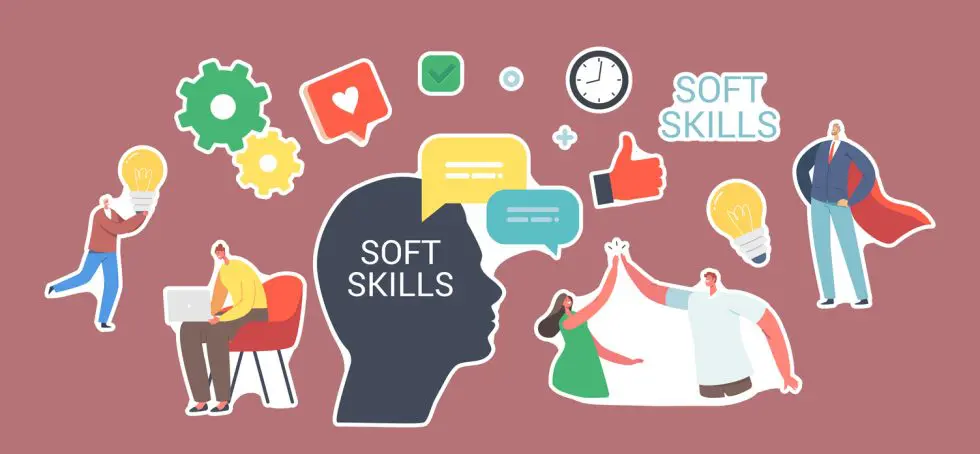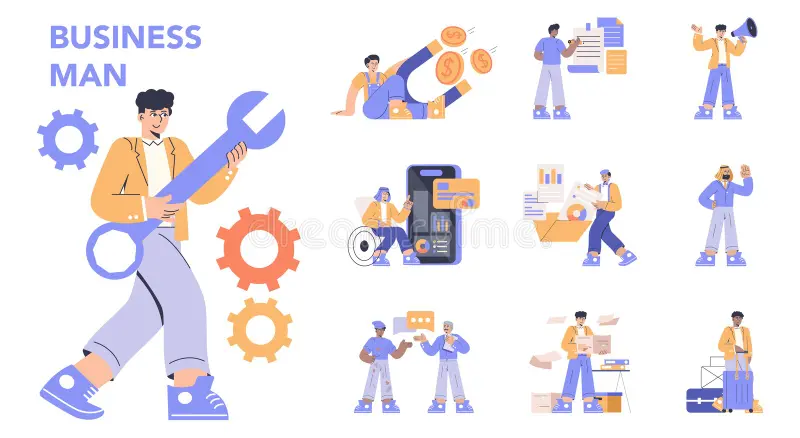The Power of Soft Skills in the Modern Workplace
In today’s fast-paced, highly interconnected world, technical skills and knowledge are undeniably important, but they are not the sole determinants of professional success. Soft skills—those intangible yet critical personal attributes and interpersonal abilities—are increasingly recognized as vital components of career advancement and workplace effectiveness. These skills encompass a range of capabilities, including communication, teamwork, problem-solving, adaptability, and emotional intelligence, which are essential for thriving in a dynamic professional environment.
1. Communication: The Cornerstone of Collaboration
Effective communication is perhaps the most fundamental of all soft skills. It involves not just the ability to convey ideas clearly and concisely but also the capacity to listen actively and empathetically. In the workplace, clear communication prevents misunderstandings, reduces conflicts, and ensures that team members are aligned with common goals. Good communicators are able to articulate their thoughts and feedback in a way that is both constructive and considerate, fostering an environment of mutual respect and collaboration.
In addition to verbal communication, written skills are equally important. Whether drafting reports, emails, or project documentation, clear and precise writing helps in ensuring that information is accurately conveyed and easily understood. Furthermore, non-verbal communication—such as body language, facial expressions, and tone of voice—plays a significant role in how messages are interpreted and can greatly influence interpersonal dynamics.
2. Teamwork: The Synergy of Collective Effort
Teamwork is another essential soft skill that enables individuals to work effectively in group settings. Successful teamwork involves collaboration, flexibility, and a willingness to contribute to a common goal. It requires individuals to understand their roles within a team, respect diverse perspectives, and support their colleagues. Effective team members are proactive in sharing knowledge, resolving conflicts, and motivating others to achieve collective success.
The ability to work well in a team also includes skills such as negotiation and compromise. In any collaborative environment, differing opinions and approaches are inevitable. Team members who can navigate these differences constructively, finding solutions that accommodate various viewpoints, are invaluable assets to their organizations.
3. Problem-Solving: Navigating Challenges with Innovation
Problem-solving is a crucial soft skill that involves analyzing issues, developing solutions, and implementing effective strategies. This skill requires critical thinking, creativity, and the ability to remain calm under pressure. In the modern workplace, where challenges and unexpected obstacles are common, being able to approach problems methodically and innovatively is essential.
Good problem-solvers are not just reactive but also proactive. They anticipate potential issues and develop contingency plans to address them. Their ability to think outside the box and adapt to changing circumstances allows them to contribute significantly to organizational growth and resilience.
4. Adaptability: Thriving in a Dynamic Environment
The rapid pace of technological advancement and market changes means that adaptability is a crucial soft skill for professional success. Adaptability involves being open to new ideas, embracing change, and adjusting to evolving circumstances with a positive attitude. Professionals who are adaptable are able to handle shifting priorities, learn new skills quickly, and remain productive in the face of uncertainty.
In today’s workplace, adaptability also means being comfortable with continuous learning and development. As industries evolve, the ability to acquire new knowledge and skills becomes increasingly important. Adaptable individuals are often seen as leaders and innovators because they are willing to take on new challenges and drive change.
5. Emotional Intelligence: Understanding and Managing Emotions
Emotional intelligence (EI) is the ability to recognize, understand, and manage one’s own emotions and the emotions of others. High EI contributes to better interpersonal relationships, effective leadership, and a positive work environment. Key components of emotional intelligence include self-awareness, self-regulation, empathy, and social skills.
Individuals with high emotional intelligence are adept at handling stress, resolving conflicts, and building strong, supportive relationships with colleagues. They are also skilled at reading social cues and responding to the emotional needs of others, which enhances teamwork and leadership effectiveness.
The Integration of Soft Skills into Professional Development
As workplaces become more collaborative and complex, the importance of soft skills cannot be overstated. These skills complement technical expertise and play a critical role in enhancing productivity, fostering positive workplace culture, and driving career growth. Investing in the development of soft skills—through training, self-reflection, and practice—can lead to significant improvements in both individual performance and organizational success.
In essence, soft skills bridge the gap between technical capabilities and effective human interaction. They empower professionals to navigate challenges, collaborate effectively, and lead with empathy. As the landscape of work continues to evolve, the cultivation of these skills will remain a cornerstone of personal and professional achievement.




Post Comment